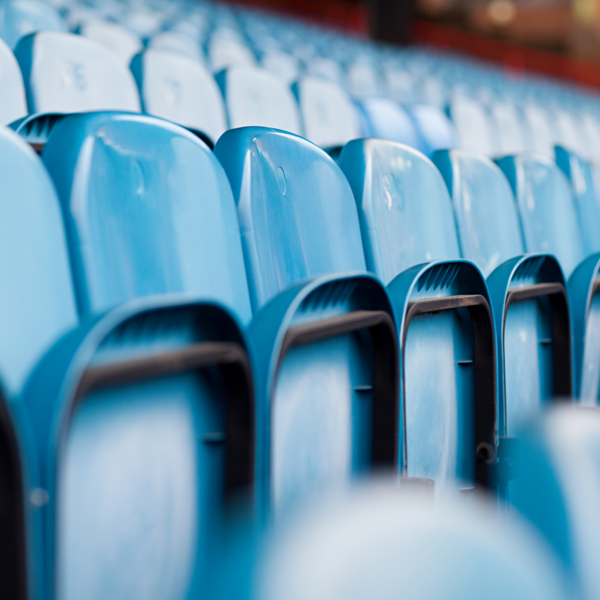Releases
WADA calls on the CFL to update their anti-doping programme
Agency believes that clean athletes would support the initiative
The World Anti-Doping Agency (WADA) has today called on the Canadian Football League (CFL) to overhaul their anti-doping program; a call made louder as a result of the CFL taking issue with comments made by Dr. Christiane Ayotte, the Scientific Director of the WADA-accredited laboratory in Canada. Dr. Ayotte advised the CFL recently that the laboratory would no longer analyse samples from the CFL because of its ineffective anti-doping policy.
“WADA believes that the CFL's anti-doping programme is outdated and, quite frankly, irresponsible,” said David Howman, Director General, WADA. “As an organisation headquartered in Canada, we can’t stand idly by while a so-called professional organisation openly ignores drug taking by college athletes; and, in fact, welcomes them to the professional code with contracts , money and a ‘promise’ to educate them away from drug taking,” Howman continued. “This essentially means that all the educational anti-doping work done at college level and below in Canada is undermined as those who flout the rules; and, cheat by doping, are rewarded with contracts by the CFL. We believe that clean athletes in sports across the world would be very disappointed to learn of this approach in Canada; and, that if the CFL respects clean athletes in its sport, they would support them by changing this attitude."
The CFL/CFLPA's drug policy, which has been part of a collective bargaining agreement since 2010, states that a player with a first positive test is not sanctioned at all, or even named; rather, they are only subject to further mandatory testing for two years. A second offence results in a three-game suspension; while, a third positive test results in the player receiving a year-long ban. Additionally, any player who tests positive at the camp, which is held for prospective players, can be treated as if they were already in a team.
"We have reached out to the CFL and have yet to receive any acknowledgement,” said Howman. “For many years now, we have been working successfully with professional leagues in the United States, offering guidance to enhance their testing programs," he continued. "This has resulted in significant anti-doping progress in American sport. We would welcome a similar approach with the CFL and its players union to discuss appropriate enhancements that can be made to support their clean athletes."
As a further note, the CFL has severed commercial ties with the Canadian Centre for Ethics in Sport (CCES), which was the league’s anti-doping service provider . The CFL is now sending their samples to the United States for testing.

